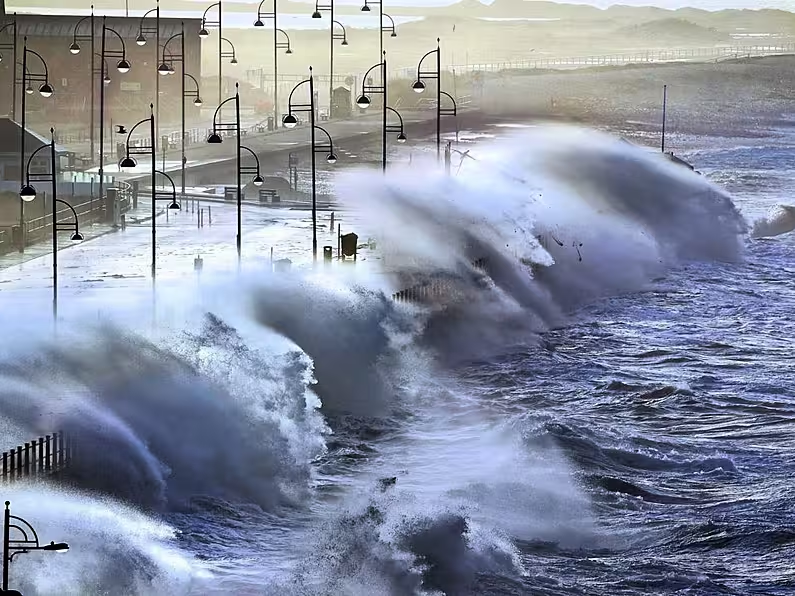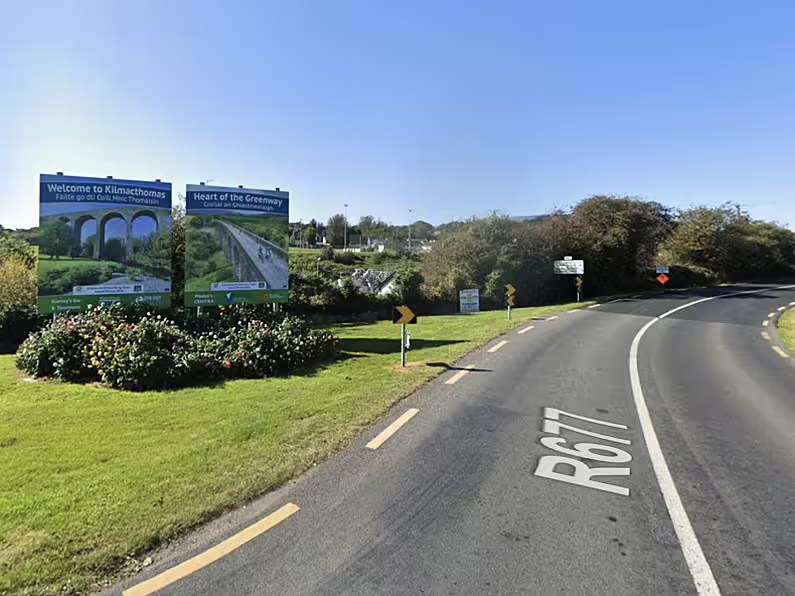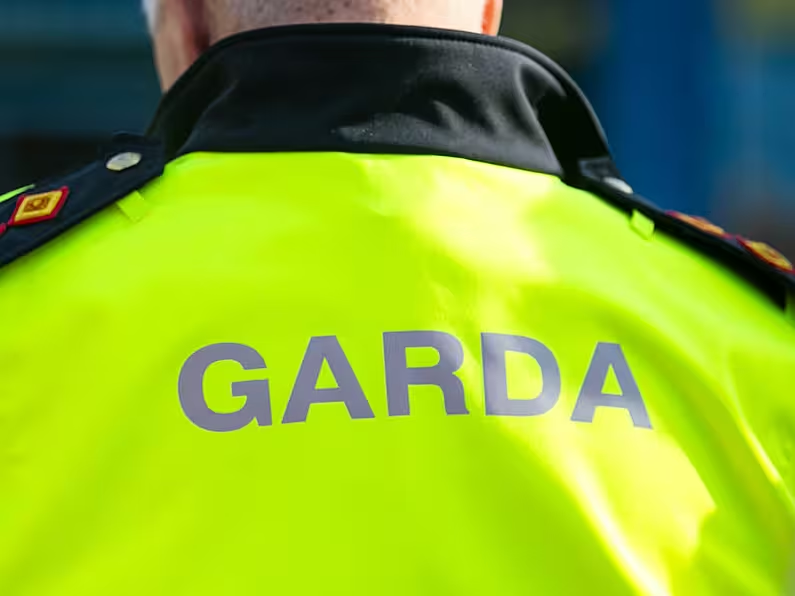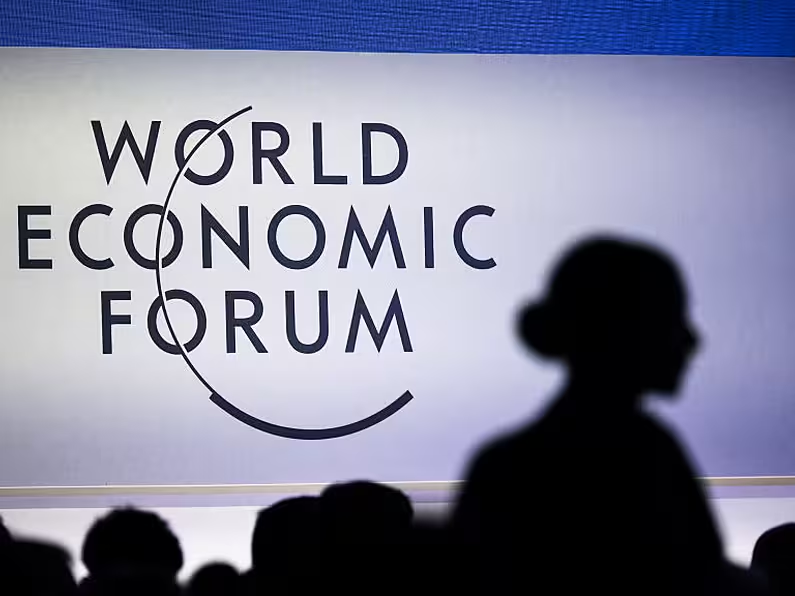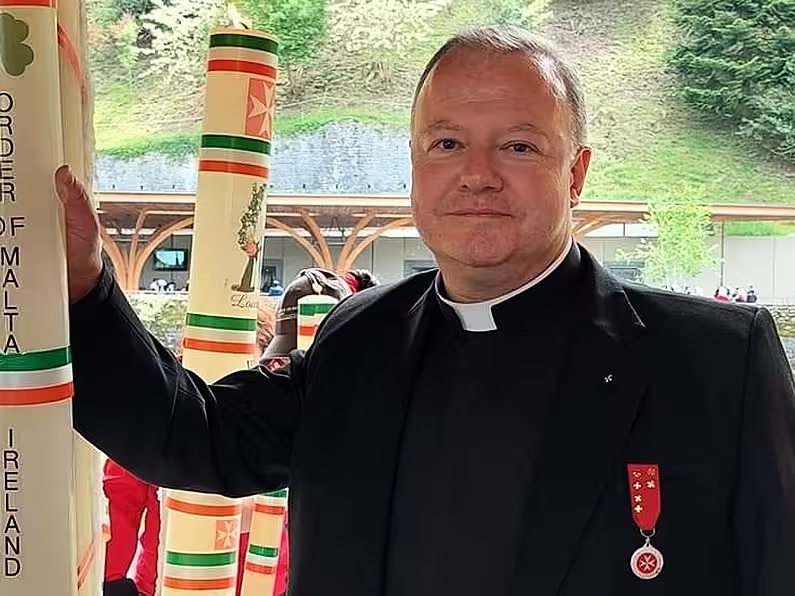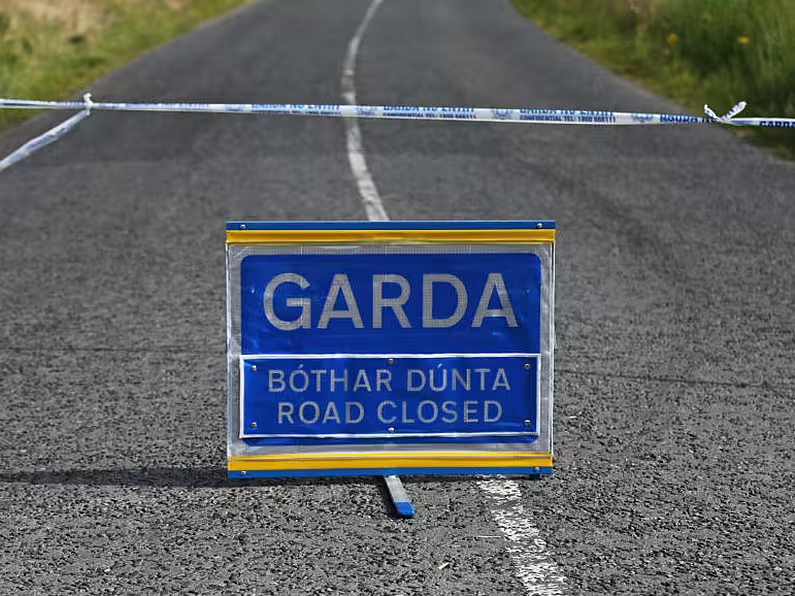By John Fogarty
Supposedly, Pat Gilroy had a dream for the GAA. A dream that would put the club back at the centre of the organisation.
The Championship, the former Dublin senior football and hurling manager envisaged, would become an annual tournament. Played over two summer months, it would be tantamount to a World Cup-like festival. Games would come thick and fast and the appeal to players, supporters and those with commercial interests would be significant.
The Allianz Leagues would take place from March to May but there would be club leagues in between games and for five or six months of the year clubs would have exclusive access to their players.
Months before he had taken over from Paul Caffrey as a left-field candidate in October 2008, Gilroy had been shortlisted as a left-field candidate to succeed Liam Mulvihill as GAA director general. Páraic Duffy was appointed that February but at least the consideration of the then 37-year-old, then chief executive of energy services company Dalkia, was prescient given the success he had with Dublin in 2011 and in selling Dalkia and later working with Veolia, Designer Group and PRG Power.
Almost nine years to the day he took over his county’s footballers, the St Vincent’s man was a left-field candidate once more as he replaced Ger Cunningham as senior hurling manager. Earlier that same day, Duffy announced he was stepping down. Gilroy wasn’t going to leave his county in the lurch.
Right now, one element of Gilroy’s vision is in place: the club has returned to become the very core of the GAA. Clubs from Castlehaven to Cushendall, from An Cheathrú Rua to Cuala, are volunteering to assist the vulnerable as well as raise funds for front-line workers. On Friday, the GAA rightly and proudly highlighted that approximately 34,571 people had been supported by roughly 19,164 GAA volunteers during the Covid-19 crisis.
To give clubs something back for setting the example, to insist on them being the first let out to the paddock when it is safe to resume playing Gaelic games as GAA president John Horan said last month, seems only fair. A wave of club matches would be like a declaration that culturally Ireland is open again.
And, as we have mentioned before, putting enough space between the county game and the social distancing restrictions is the best means of improving the chances of maximising gate receipts at provincial and national level. That may be a cynical view but financially it is the pragmatic one too and yet inter-county championships taking place in front of crowds in flu season doesn’t sound plausible.
The possibility that the GAA will have to consider writing off attempts to recoup some gate receipts (ie behind closed doors games) to save the season and recover some of the €19 million they earn from media rights and sponsorship is likely to grow stronger.
Alas, the idea of clubs returning to action looks more fanciful by the day. Club Players Association chairman Micheál Briody’s “guinea pigs” comment on last week’s Irish Examiner podcast has been backed up by the body’s survey findings of club players and Tipperary secretary Tim Floyd’s recent remarks that managing the health and safety of 200 inter-county players is a lot easier than 2,000 adult senior players in the county are salient.
If there are to be organised Gaelic games played this year - and that if is becoming a bigger conjunction by the day - then the inter-county game appears the most feasible simply on scale. It would require an abundance of safety measures but there would be far less risk green-lighting it than the club season.
In their communique to members last month, the Gaelic Players Association raised the idea of mass quarantine options and regular testing. They qualified it by highlighting it might be “unrealistic to the GAA” but it appears to be an avenue they have researched. The GPA added that “it was essential that we too continue to explore all opportunities”. It was a proactive statement, much more positive than the one that the GAA released last week or Horan’s words on RTÉ aired on Sunday.
There has even been some discussion among inter-county managements and players about setting up camps where they could live together and be able to work remotely for the duration of a quickfire championship, ie six to eight weeks. That a large proportion of players are students and teachers would aid that proposal but then the logistical costs attached to that and the matches themselves would be considerable.
Were that to somehow come to pass, Gilroy’s idea of a World Cup-like tournament would be the most appropriate way to go. It could take the form of a straight knock-out or a month of round/provincial games followed by a month of All-Ireland series knock-out.
Either way, it would be left-field. But then time for thinking conventionally about saving the season has passed.
Huge burden placed on teachers
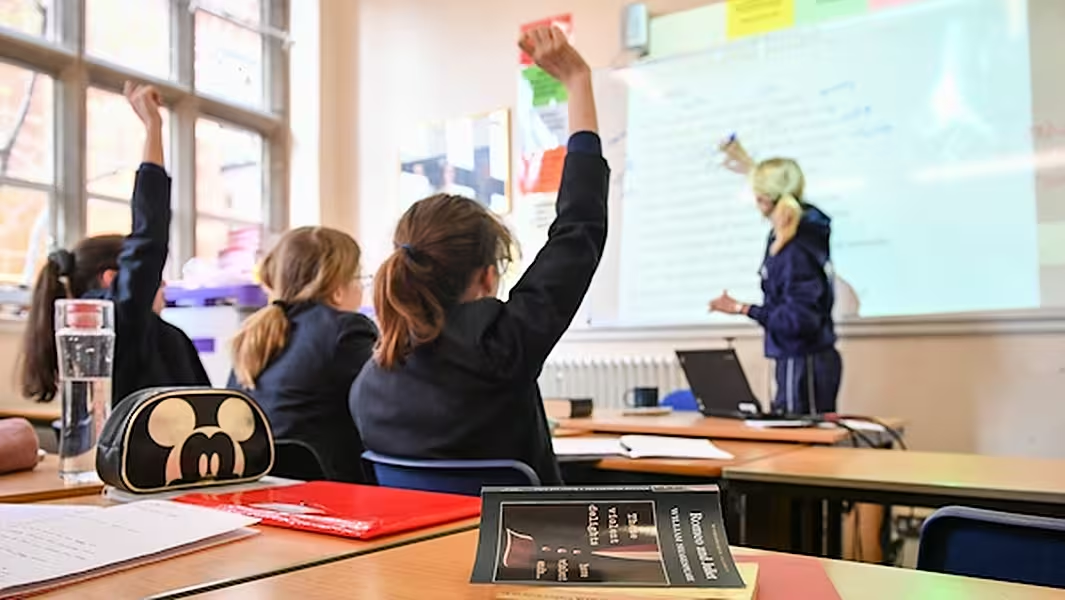
A late, we might add great professor of ours had a unique marking system. From generation to generation of students, it was passed down that if you carried a hurley into collect your thesis from him the chances were your grade would be improved.
It was a biased idiosyncrasy that in the first year of university wasn’t a big deal. Besides, it would never happen now and shouldn’t be a factor when it comes to teachers now being asked to predict the Leaving Cert grades their students were likely to receive.
It might appear teachers now wield incredible powers but the weight of responsibility put on them to carry out such an exercise is onerous. It was claimed yesterday that students or their parents found to be attempting to influence teachers will be reported to the State but is it beyond the realms of possibility to suggest one or two third-level institutions will also be hoping to see certain teenagers marked well for sporting as well as academic reasons?
Secondary school teachers are often envied for their long summer holidays but the burden placed on them now as a result of the Covid-19 outbreak is a heavy one. In the absence of exams, it’s to them that we extend our best wishes.
Fógra - Tom “Tex” Mooney, formerly of titles such as the Meath Chronicle, Ireland on Sunday and Irish Mail on Sunday, passed away on Saturday after a short illness. A passionate Meath football supporter, Tom was one of the most thorough editors around and a gentleman of the highest order. Ar dheis Dé go raibh a anam dílis.
Did Horan issue a come and get us plea?

On the face of it, GAA president John Horan may as well have added a second padlock to each and every set of club gates on Sunday. His sober tone was much in keeping with the safety first approach that has defined the organisation’s reaction to the crisis and broadcasted on should have been the opening Sunday of the Championship in Ireland the starkness of his message was amplified.
As extensive as the interview was, it prompted many questions like most public statements do these days. Like, if social distancing is here for the foreseeable future which is certainly more likely than finding a vaccine any time soon, how does Horan expect the GAA to continue to exist?
Does Horan truly believe crowds of up to a quarter of a stadium’s capacity can be allowed in if a game itself can go ahead when the safety of tens of thousands has to be taken into account and not just the less than 100 participants between players, management and officials?
And why less than two weeks after he was “abhorred” by a “non-story” claiming the Government were considering a rigorous testing regime to allow inter-county players to return to training had he eased on the idea? “Well, I’m not ruling that out,” he said. “That’s something that will be discussed among our advisory group but certainly it’s not something we could do as a blanket across the whole organisation.”
Mention of the idea being “extremely expensive”, mention of the €50 million loss to the GAA if no games take place, Horan may have been attempting to send a message to the Government. The GAA know their cultural and economic value to the country. The Government does too but if they really want the games they might have to prove it.
Email: [email protected]





